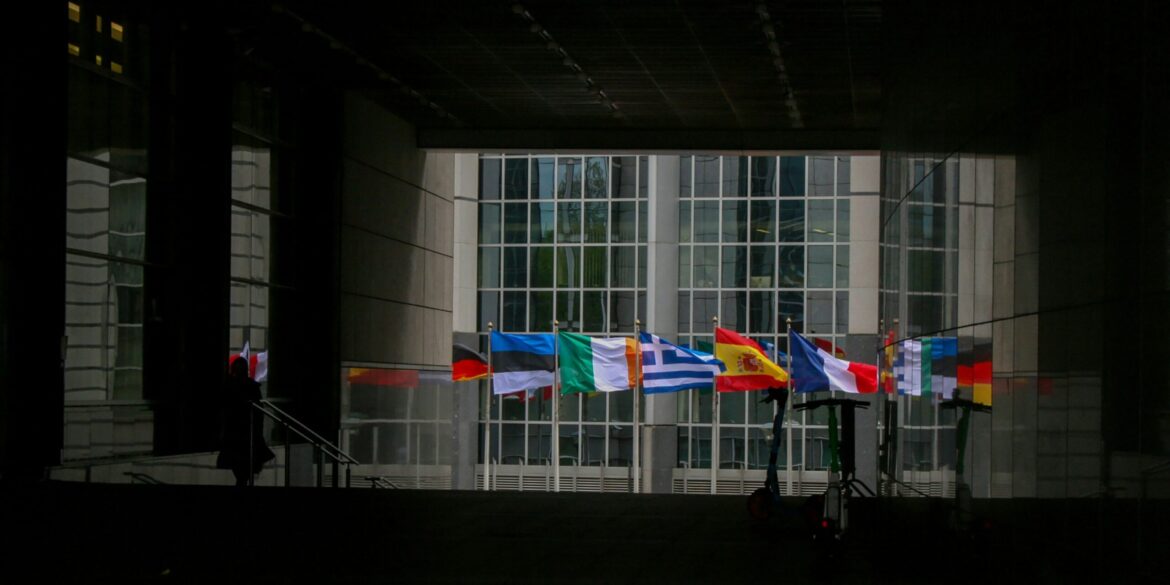October 24, 2025, marked the observance of United Nations Day, a pivotal occasion for reflecting on the significance of international cooperation in today’s interconnected world. Established to honor the founding of the United Nations (UN) in 1945, this day serves as a reminder of the vital role the UN plays in tackling some of the most pressing challenges that span across borders. From climate change and human rights to conflict resolution and peacekeeping, the UN’s mission remains as crucial as ever.
On United Nations Day, the global community took a moment to acknowledge the achievements of the UN, while also recognizing the work still required to meet the demands of a rapidly changing world. The UN has been instrumental in facilitating discussions between nations, offering a platform for diplomacy and fostering agreements that shape international policy. The day also highlights the organization’s role in providing humanitarian assistance, promoting sustainable development, and addressing global health crises.
In the United States, discussions surrounding United Nations Day centered on the nation’s ongoing commitment to multilateralism. As the world’s largest economy and one of the founding members of the UN, the U.S. has long played a central role in supporting the institution’s initiatives. However, in recent years, there has been growing concern about the need to strengthen partnerships and increase support for global cooperative efforts. Many leaders emphasized the importance of renewed U.S. engagement in UN programs and multilateral frameworks that can tackle global challenges in a more collaborative manner.
One of the key areas of focus this year was the continued effort to combat climate change. The UN has been at the forefront of international agreements such as the Paris Agreement, aiming to limit global warming and mitigate environmental damage. As nations experience more severe natural disasters, rising sea levels, and shifting weather patterns, the urgency for global action has never been more apparent. Discussions on United Nations Day reinforced the need for countries to work together, share knowledge, and provide resources to address this global crisis.
Another topic that resonated strongly was human rights. From advocating for the rights of marginalized communities to promoting gender equality and freedom of expression, the UN’s work in this area continues to shape global conversations. The day served as a call to action, reminding the world that while significant progress has been made, the fight for human dignity and equality remains ongoing.
Furthermore, peacekeeping efforts, an area where the UN has had a profound impact, were highlighted during the observance. The UN’s peacekeeping forces are deployed in various conflict zones around the world to help maintain peace and stability, protect civilians, and support political processes. As conflicts persist in regions such as the Middle East, Africa, and Eastern Europe, the UN’s role in peacebuilding remains an essential part of global security efforts.
United Nations Day 2025 also underscored the importance of multilateralism in a world that increasingly faces interconnected challenges. Leaders from around the world reiterated the necessity of working together through institutions like the UN to address issues that no single country can solve alone. The day’s discussions emphasized how collaboration, dialogue, and mutual respect are key to ensuring peace, prosperity, and sustainability for all nations.
As the world moves forward, the United Nations remains a beacon of hope and cooperation, reminding us that while global challenges are vast, they can be overcome when nations unite and work toward common goals. United Nations Day not only celebrates the accomplishments of the past but also calls for renewed commitment to a shared future, where global cooperation continues to drive positive change for the entire world.

